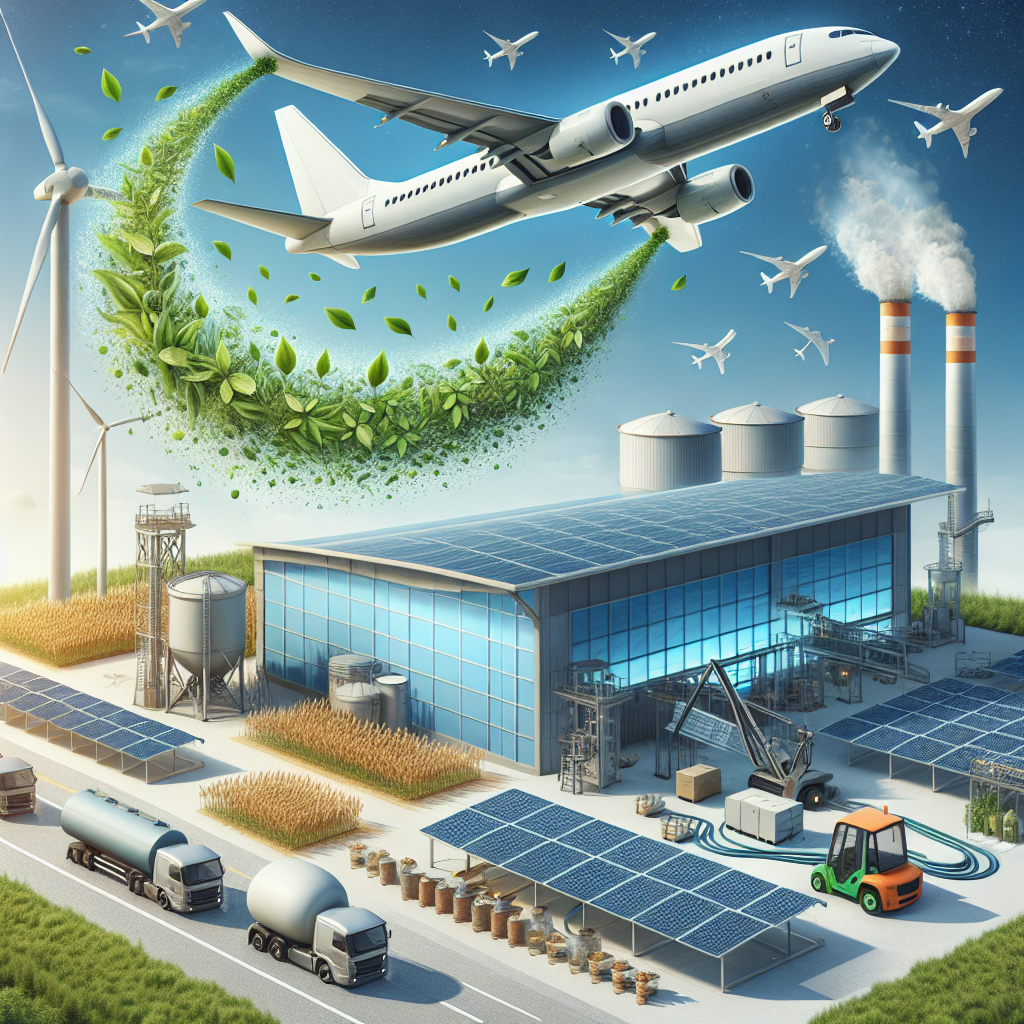Sustainable Aviation Fuel Industry Faces Turbulence on Path to 2030 Goals
A report by Boston Consulting Group reveals that the sustainable aviation fuel (SAF) industry is not meeting its 2030 goals, with production lagging and costs high. Despite increased supply, investment remains low, leading to project slowdowns. Cross-industry collaboration is necessary to overcome these challenges.

The sustainable aviation fuel (SAF) industry struggles to meet its 2030 targets, as production fails to ramp up at the necessary pace, according to a recent report by Boston Consulting Group (BCG).
Despite European airlines expecting to achieve a 2% SAF usage in jet fuel this year, with plans to increase to 6% by 2030, cost issues persist. The high price of SAF, being three to five times more than traditional jet fuel, is a significant hurdle. BCG found that airlines and airports currently invest only 1% to 3% of their budget on SAF.
BCG's Managing Director, Pelayo Losada, highlighted that although SAF supply has increased by 1,150% worldwide over the past three years, the announcement of new production facilities has decreased by 50% to 70% from 2022 to 2023. The global aviation industry is aiming for net-zero emissions by 2050, yet SAF accounts for only 0.3% of global jet fuel. Economic uncertainty and high operating costs are contributing to the production shortfall, with collaboration across industries deemed essential to address these issues.
(With inputs from agencies.)










